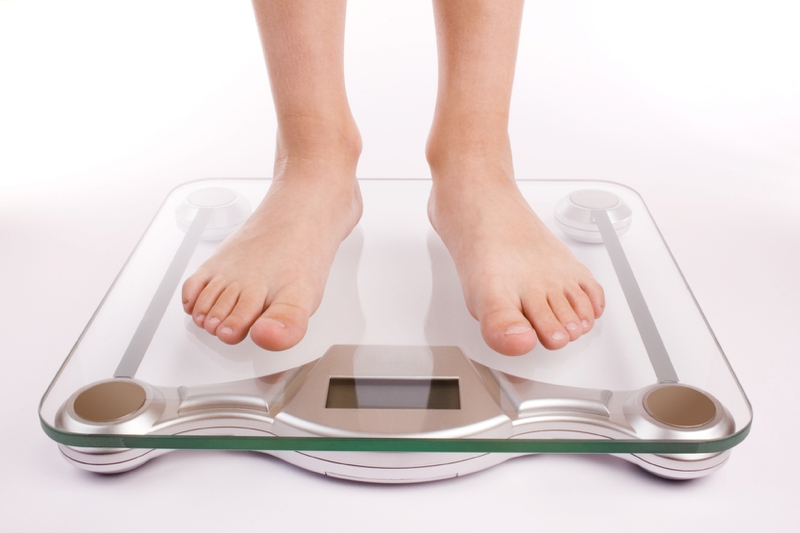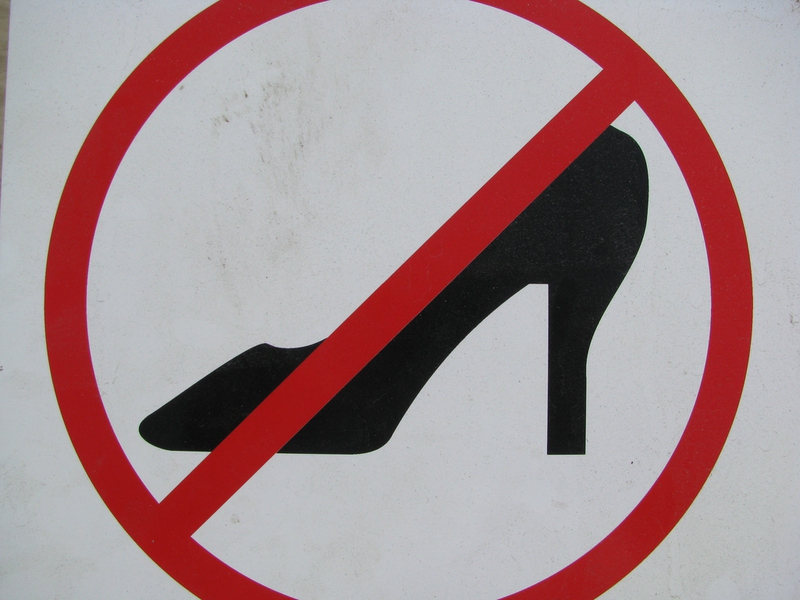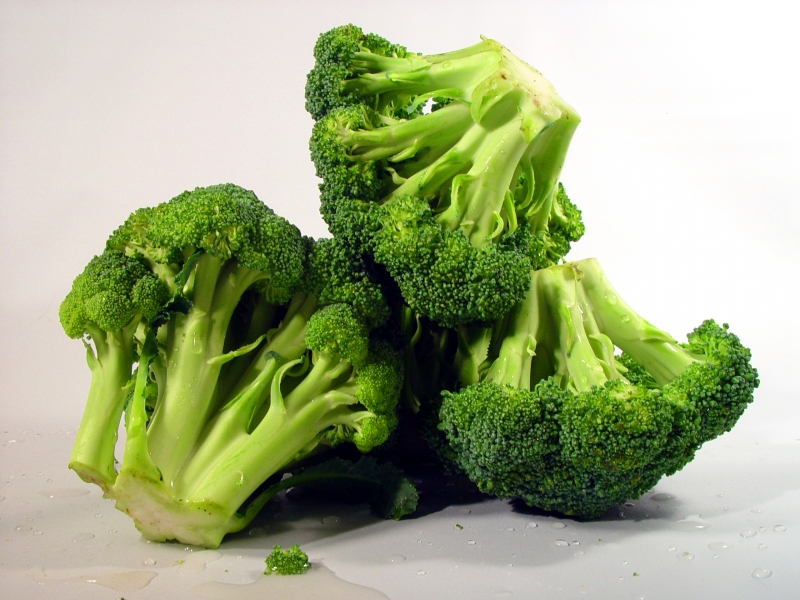Arthritis is the inflammation of your joints. Its main symptoms include joint stiffness and pain that worsens as you age. Osteoarthritis is the most common type of arthritis, and it involves the wear-and-tear of the joint’s cartilage. Another type of arthritis is rheumatoid arthritis. This is where the immune system attacks the joint capsule lining (tough membrane enclosing all joint parts).
It is not always possible to prevent arthritis because factors like gender, family history and age are not in your control. Even so, there are some health habits a person can adopt that can reduce the chances of developing arthritis. Any changes such as healthy eating and exercising can also help you prevent other diseases.
How to Prevent Arthritis
Exercise
Exercise helps you shed some extra pounds and also keeps the joints flexible and muscles strong. When your lifestyle is sedentary, you become more vulnerable to arthritis the older you grow.
Try doing vigorous exercises for about 20 minutes thrice a week. If the exercises are moderate, try half an hour five days each week. Anything other than that is insufficient in the fight against the early inception of arthritis.
Carefully choose the exercises. If you choose repetitive motions such as running and weight lifting (heavy), you can stress your joints. This stress results in osteoarthritis. Incorporate Pilates or low-impact exercises into your routine.
When exercising, make sure that the shoes you are wearing are a proper fit. Whenever you can, go for natural ground or asphalt over concrete.
Protect Your Joints
Protect your joints by using the correct techniques when lifting, working and sitting. For example, when lifting, lift using your hips and knees not the back whenever you are picking up objects.
Avoid straining your wrist by carrying items too close to your body. If you are required to sit at the same place for a long time, ensure that your arms, legs and back are supported well.
Be Aware of Drinks
Take alcoholic drinks in moderation to reduce your risk of getting rheumatoid arthritis. Drinking moderate amounts weekly also comes with other health benefits like lower risk of getting heart disease. You should also avoid sugary drinks like sodas. Not only do they contribute to weight gain, but also knee osteoarthritis.
Control Your Weight
Your knees support the weight of your body. When you are obese or overweight, your knees get tired because you are forcing them to take on more than they can. Overweight women are at a higher likelihood of getting knee osteoarthritis. Exercise and diet help keep your weight at a healthy range.
Avoid Injuries
When you avoid injuries, you decrease the risk of getting arthritis in the future. If you also do exercises that cause you pain the next day, you should change the routine or exercise. Try exercises that are challenging and safe. When starting a new workout, consult your doctor about it.
Say Goodbye to High Heels
A human foot was not designed to walk in high heels for a whole day. This is a fact that escapes most shoe shoppers and fashion designers. It is okay to occasionally wear high heels, but if you wear them frequently, you will have trouble with your joints in the future.
Foods to Prevent Arthritis
Omega-3 fats: These fats reduce inflammation and symptoms associated with arthritis. Foods that contain Omega-3 fats include sunflower oil, snack foods, corn, and meat. Foods that are rich in these fats include walnuts, flaxseeds, trout, mackerel, sardines and salmon.
Broccoli: Cruciferous vegetables like broccoli and cauliflower help to protect you against arthritis. You can also add vegetables like Bok Choy, kale, sprouts, Brussels and cabbage to your diet.
Vitamin D: Consuming dietary Vitamin D reduces the risk of getting arthritis. Other than oily fish, foods that contain Vitamin D include dairy products and bread fortified with this Vitamin. Sunlight is also a natural source of Vitamin D.
Olive oil: Diets like Mediterranean diet reduce stiffness and pain in those who have rheumatoid arthritis. Olive oil has anti-inflammatory properties that contain oleic acid that is rich in omega-3 fatty acids and polyphenols antioxidants.
Ginger: This has been used for decades to treat hypertension, migraines, nausea and cold. It is also an antioxidant and anti-inflammatory agent. You should, however, note that ginger also acts as a blood thinner and can interfere with blood-thinning medication you may be taking.
Vitamin C: Foods that contain Vitamin C include kidney beans, pineapple, strawberries, mangos, oranges and bell peppers. A study has shown that Vitamin C intake reduces your risk of getting rheumatoid arthritis by 30%.
Anthocyanins: This refers to potent antioxidants that cause a reddish pigment in the eggplant, grapes, strawberries, raspberries, blackberries and cherries. It has been found that anthocyanidins found in foods like strawberries reduce inflammation.
Beta-Cryptoxanthin: This is an antioxidant that belongs to the carotenoids family. This powerful antioxidant gets converted in the body to Vitamin A and might help avert arthritis. Foods rich in this antioxidant include apricots, collard greens, tangerines, papayas, pumpkin, squash and sweet peppers.
Avoid Specific Foods
Processed and fried foods: Cutting back on the consumption of these types of foods reduces inflammation thus increasing your body’s natural defense. Instead, include moiré fruits and vegetables in your diet.
Lower the AGE: This does not mean you reduce the number of birthdays you have celebrated so far. AGE (advanced glycation end product) is a toxin that develops when foods get pasteurized, fried, grilled or heated. Therefore, only cook foods that require high temperature to cook using high heat.
Refined carbs and sugars: High sugar amounts in your diet increases AGEs. This, in turn, results to inflammation. Therefore, cut down on the sodas, baked goods made with white flour, processed foods and candies.
Dairy products: Dairy products contain a type of protein that contributes to arthritis. This protein irritates the tissues surrounding the joints. Therefore, try a vegan diet to see whether the arthritis pain will subside. Get your protein from quinoa, lentils, beans, tofu, nut butter and spinach.
Preservatives and salt: For some people, excess consumption of preservatives and salts may cause joint inflammation. Read food labels before buying to avoid additives and preservatives. Also, avoid pre-prepared foods as they contain high sodium levels.
Corn oil: While foods cooked with corn oil satisfy the taste buds, inflammation may be triggered. Instead, use fish oil, olive oil, flaxseed oil and pumpkin seed oil as they relieve pain caused by rheumatoid arthritis.
Watch the video below to get a full list for foods to include and food to avoid to prevent Arthritis:









View All Comments /Add Comment